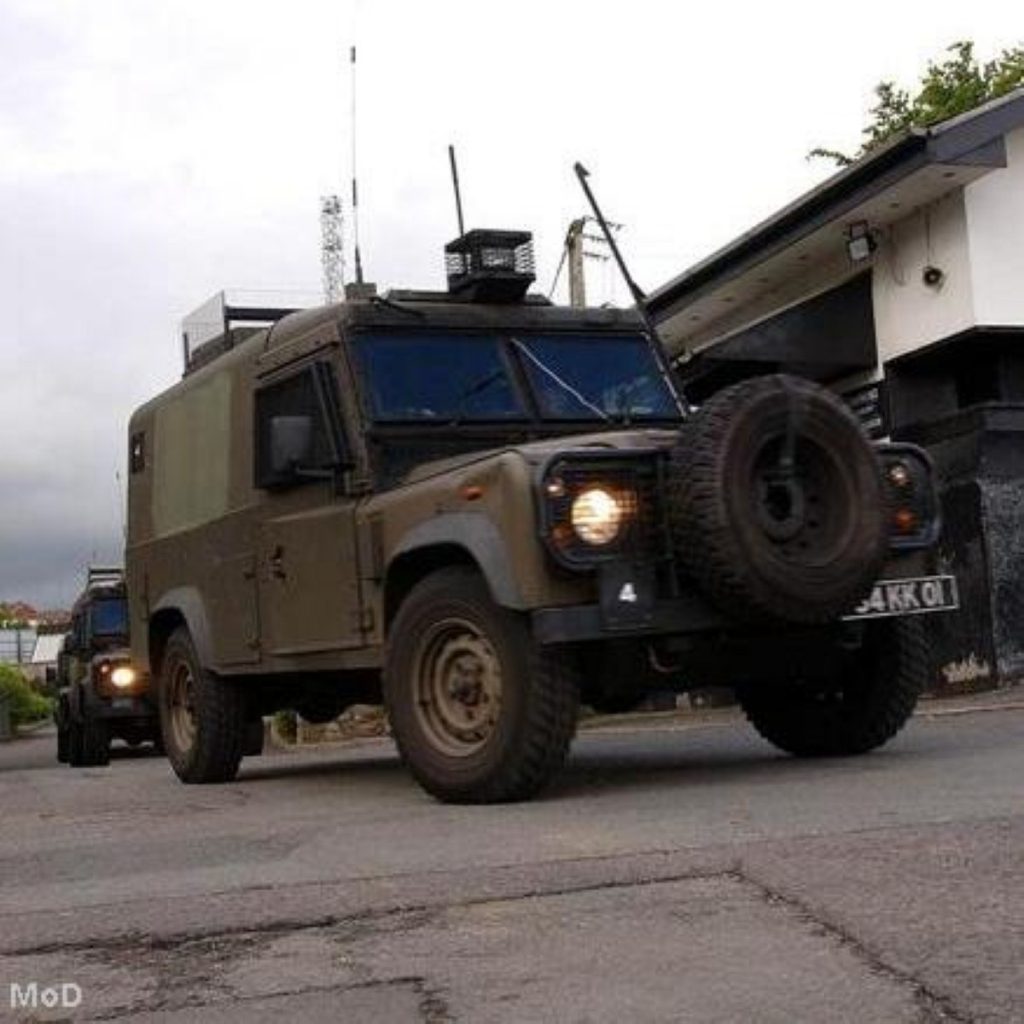Northern Ireland anniversary casts light on Afghan prospects
By Alex Stevenson
Northern Ireland is starting to be viewed as a ‘test run’ for Afghanistan, as Britain marks the 40th anniversary of the Army being sent into the province for the first time.
August 14th 1969 saw the British Army enter Northern Ireland for a “limited operation” amid sectarian violence flaring out of control in the Battle of the Bogside in Londonderry.
They did not exit until 2007 and, after the incoming head of the Army said British forces could be in Afghanistan for 40 years, the country is now being forced to contemplate another Northern Ireland-length
struggle against the Taliban.


“It is widely known across the military. Counterinsurgencies are generational,” Amyas Godfrey, an associate fellow of the Royal United Services Institute, told politics.co.uk.
“They are not ‘go in for three years, change people’s minds and leave’. It takes an entire generation.”
As next week’s presidential elections in Afghanistan will demonstrate, the purpose of the British Army is to help the local police forces maintain order – as it was the case in Northern Ireland.
The methods may be slightly different. In Helmand province assisting police means mounting major combat operations like Panther’s Claw, which cleared the Taliban out of the Babaji area.
In Northern Ireland the Army was used to support the police, with helicopters, surveillance planes and other assets police forces would not have made available.
The conditions on the ground differ, too. In 1972 more than 170 soldiers were killed in one year – what was lost in eight years in Afghanistan.
On the other hand, Mr Godfrey added, the Northern Ireland mission was “tame compared to Afghanistan”, where there is “far more willingness to use violence against your own people” in Helmand.
Mr Godfrey pressed that the changing dynamics of the Northern Ireland Army presence reflected the length of time it takes to win over populations.
“The ones in 1969 were very stirred up and had decided to turn to violence,” he explained.
“You’re never going to turn them away from it. Then you have the next generation which has to grow up – that’s how you turn insurgencies. You show them they have a future.”
He pressed that while British forces could be in Afghanistan for 40 years, they are unlikely to maintain the same high-profile combat role currently being experienced.
That matches the assessment made by Britain’s ambassador to Afghanistan last week that coalition forces could have completed full-scale fighting operations within five years – but will be present in a supporting role for many more to come.












